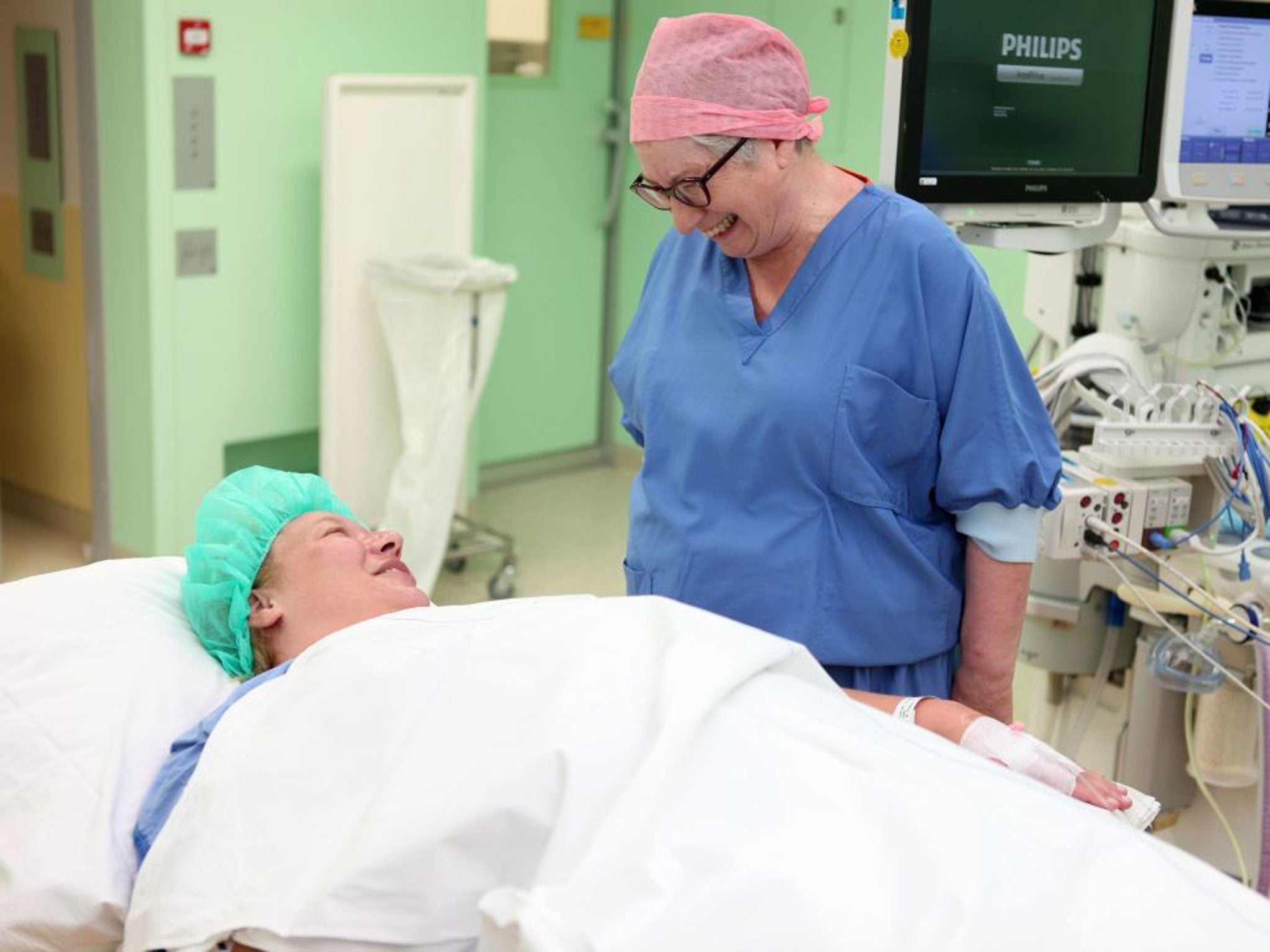Horizon: OCD: A Monster In My Mind, TV review: Highlighting how complicated brains are
The BBC Two programme showed the reality of living with the condition - as well as giving a fascinating insight into treatments

Your support helps us to tell the story
From reproductive rights to climate change to Big Tech, The Independent is on the ground when the story is developing. Whether it's investigating the financials of Elon Musk's pro-Trump PAC or producing our latest documentary, 'The A Word', which shines a light on the American women fighting for reproductive rights, we know how important it is to parse out the facts from the messaging.
At such a critical moment in US history, we need reporters on the ground. Your donation allows us to keep sending journalists to speak to both sides of the story.
The Independent is trusted by Americans across the entire political spectrum. And unlike many other quality news outlets, we choose not to lock Americans out of our reporting and analysis with paywalls. We believe quality journalism should be available to everyone, paid for by those who can afford it.
Your support makes all the difference.While most of us are aware that Obsessive Compulsive Disorder is much more than simply liking cleaning as much as Monica from Friends does, OCD: A Monster in my Mind showed the reality of living with the condition - as well as giving a fascinating insight into treatments.
The most shocking segment was watching sufferer Richard make a sandwich. We saw him washing, rewashing, and breaking down, food untouched, the fear of "contamination" too great. "If I was stronger, I'd have killed myself a long time ago," he said.
Presenter Uta Frith made a compelling frontwoman, calling on a raft of experts. She had the ability to convey the complexities of neuroscience to us laymen, as well as the empathy to get subjects to open up. Eighteen-year-old year-old Sophie was obsessed that she might have killed someone, always looking for dead bodies. Her therapist made her walk around the street with a backpack full of murder weapons – facing up to her anxieties in a brutal, but apparently effective way.
Elsewhere, Nanda opted for Deep Brain Stimulation, a treatment not available in the UK that re-routed "out-of-control" brain circuits thought to cause OCD. Post op, her anxieties remained but she was optimistic for the future. Above all, this programme highlighted how complicated our brains are, and how those working to treat them deserve our attention.
Join our commenting forum
Join thought-provoking conversations, follow other Independent readers and see their replies
Comments